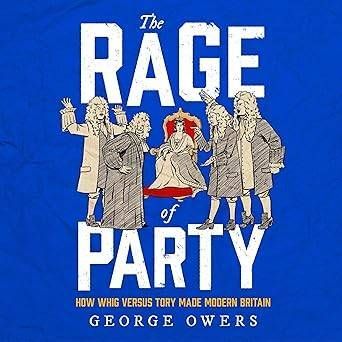The late 17th and early 18th centuries saw the rise of a new phenomenon that would transform Britain forever: party politics. Whigs and Tories engaged in a ferocious battle to define the fate of a country in flux.
The Tories represented the established social forces of squire and church, while the Whigs embodied the rising forces of financial power and Protestant Dissent. However, as tumultuous events - from the Glorious Revolution and the founding of the Bank of England to the War of the Spanish Succession - rocked the country, politics changed. The parties evolved over time and were riddled with factions and divisions.
Who would you have been? A radical 'True Whig'? A gouty landed Tory backbencher? A cynical 'Junto' Whig power-monger? An angry High Church Tory? An outright Jacobite? Find out and take this quiz!


